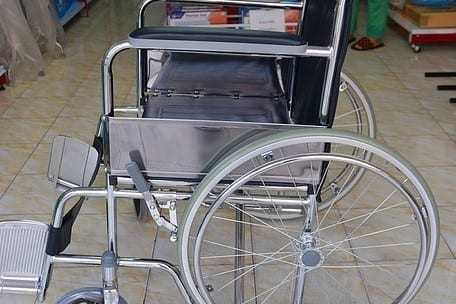Medical devices include ECG electrodes, bandages, cardiac pacemakers, thermometers, and hemodialysis machines.
A comparison of clinical trials shows that medical device trials are somewhat similar to pharmaceutical trials that evaluate drugs, but they’re different in regard to FDA regulations.
It’s mandatory, when testing a drug in either the U.S. or the EU, to enter the drug into a series of clinical trials for safety, effectiveness, dosage and overall survival. Yet, depending on the class of the medical device or its degree of risk, a clinical trial may not be required at all. The EU has more stringent regulations than the U.S. in that it requires proof that the device meets the standards that are outlined on its label.
Key Differences
The initial phases (usually three) of a clinical trial that tests new drugs would include a group of healthy people. An obvious difference between medical devices that require a surgical implant and a drug trial would then face the impossible task of creating a placebo cohort by implanting a medical device into healthy subjects.
One solution might be to begin a trial with a small group of patients who present with the disease that is being studied. A medical device trial does not require as many participants as the clinical trials that test drugs.
A double-blind study, where neither the investigators nor subjects know which drug is being tested, would also be difficult to carry out in a device trial. However, the trial’s sponsor is able to see the device to be assured that it is performing as planned.
Safety Reporting
Here we also see a slight difference in reporting. In clinical drug trials, the only reporting requirement would be any serious adverse event (SAE) that may possibly be related to the drug being tested.
In contrast, during medical device trials, the manufacturer of the device must report every event whether or not the device or its methodology is the cause of the SAE. Even more stringent is the requirement that serious events be reported even if the experiment is carried out in the lab or if the subject develops an unrelated illness.
Independent Review Board (IRB)
The IRB, with the approval of the FDA, has been given the authority to approve, disapprove, or suggest the modification of biomedical research to protect the welfare of the humans who are involved in the trials.
Investigational Device Exemption (IDE)
The IDE requires that onsite staff and clinical investigators train by actually using the device being tested because the efficacy and safety of the device are dependant upon the proficiency of the attending physician.
A notable difference between the U.S. and the EU regarding medical devices is that the EU performs unannounced inspections of the companies that manufacture the medical devices.
Being familiar with the regulations and the clinical development process is critical to the success of the sponsors of medical devices.
To learn more visit Outsourcing in Clinical Trials Medical Device USA 2018.





